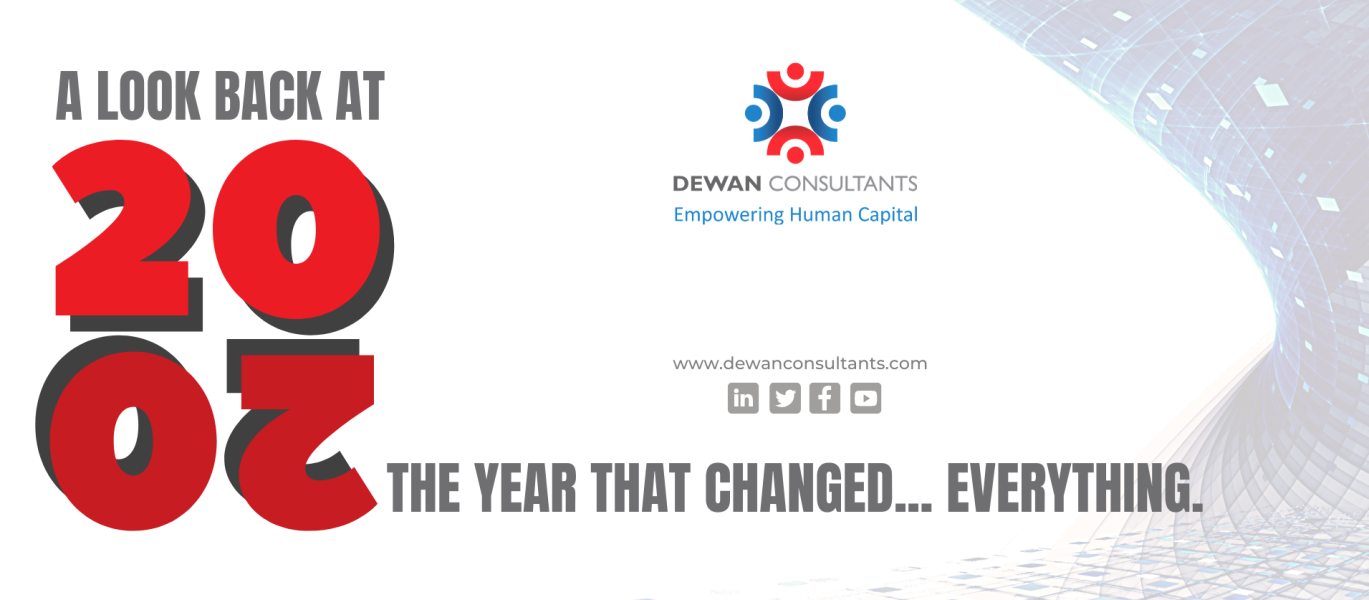 May 13, 2024
May 13, 2024

Navigating the Professional Landscape
The Middle East, renowned for its rich history, diverse cultures, and dynamic economies, boasts a unique work culture characterized by a blend of tradition and innovation. Understanding the nuances of Middle Eastern work culture and ethics is essential for professionals looking to thrive in this vibrant region.
At the heart of Middle Eastern work culture lies a strong emphasis on hospitality, respect, and relationship-building. Personal connections and trust play a significant role in business interactions, with face-to-face meetings and networking events valued as essential avenues for building rapport and trust.
Moreover, the concept of ‘wasta,’ or influential connections, often plays a pivotal role in navigating business dealings in the Middle East. Building strong relationships with key stakeholders and demonstrating integrity and reliability are crucial for earning trust and respect in the professional sphere.

In addition to cultural considerations, professionals in the Middle East can benefit from the advantages offered by freezones, designated economic zones that offer tax incentives, streamlined business processes, and 100% foreign ownership. Free Zones provide an attractive environment for startups, SMEs, and multinational corporations looking to establish a presence in the region.
By setting up businesses in free zones, companies can enjoy benefits such as simplified company formation procedures, access to state-of-the-art infrastructure, and exemption from corporate and personal income taxes. These advantages make freezones an attractive option for businesses seeking to expand their operations in the Middle East.
In conclusion, understanding Middle Eastern work culture and ethics is essential for professionals looking to succeed in the region. By embracing cultural nuances, fostering meaningful relationships, and leveraging freezone advantages, professionals can navigate the professional landscape with confidence and thrive in this dynamic and vibrant region.










